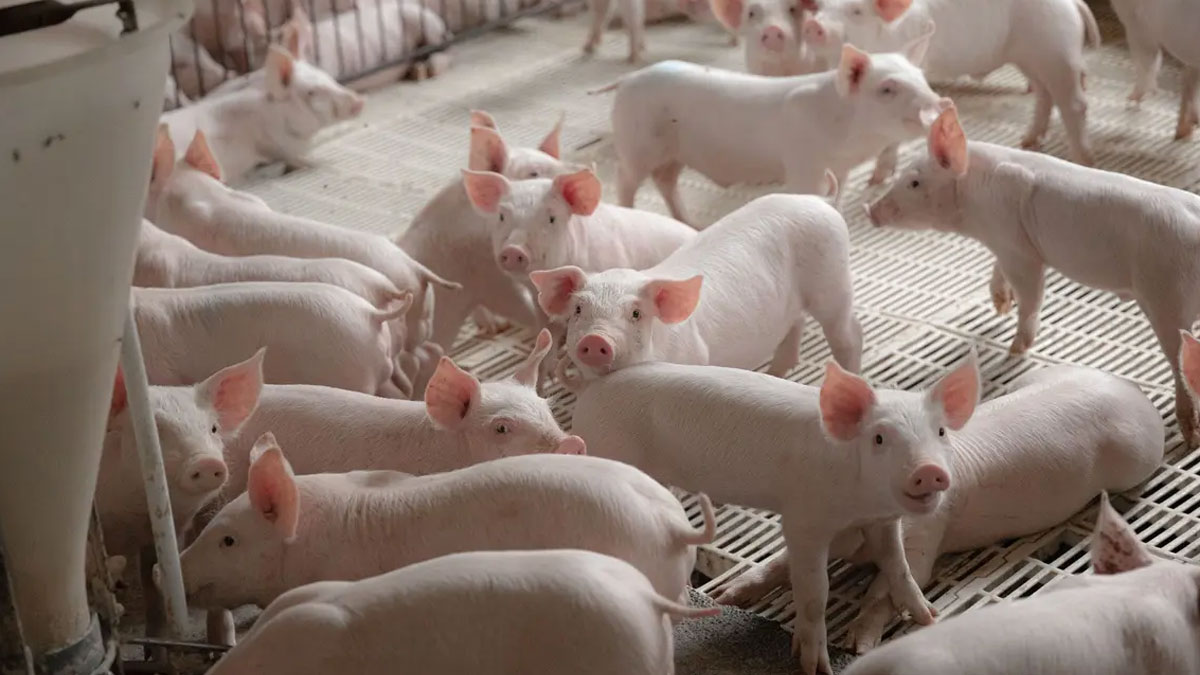
In a significant leap forward for organ transplantation, the U.S. Food and Drug Administration (FDA) has approved the first clinical trials to test pig kidney transplants in humans suffering from kidney failure. Two biotech firms, United Therapeutics Corporation and eGenesis, have received the go-ahead to proceed with this groundbreaking research. If successful, these trials could revolutionize the field of organ transplantation and provide a much-needed solution to the global shortage of donor kidneys.
Table of Content:-
A Potential Solution to the Organ Shortage Crisis
With over 550,000 Americans battling kidney failure and nearly 100,000 on the transplant waiting list, the demand for donor kidneys far exceeds supply. Only around 25,000 kidney transplants take place annually, leaving many patients waiting for years or tragically passing away before they receive a viable organ. The approval of these trials brings hope to thousands, as genetically modified pig kidneys could offer a scalable and sustainable alternative.

Pigs have long been considered a promising source for xenotransplantation due to the similarity in size and function between pig and human kidneys. Both United Therapeutics and eGenesis have extensively modified pig genes to enhance compatibility and reduce the likelihood of organ rejection. This approach aims to create a viable long-term solution for patients who have exhausted traditional transplant options.
How the Clinical Trials Will Work
United Therapeutics has outlined a phased trial approach, beginning with six patients who have been on dialysis for at least six months and are otherwise in stable health. If the initial results are promising, the study will expand to include up to 50 participants.
Also Read: Groundbreaking Vaccine Trials Initiated In Uganda To Combat Ebola Outbreak
Similarly, eGenesis will start with three patients, spacing out procedures to closely monitor each case before moving forward. The trials are expected to begin by mid-2025, allowing researchers ample time to assess safety, efficacy, and potential complications.
Each participant will undergo a rigorous 24-week monitoring period, followed by lifelong medical evaluations to track long-term outcomes. A major area of concern is the risk of infections that could transfer from pigs to humans, necessitating careful observation and strict medical protocols.

Genetic Engineering: A Key to Success
One of the biggest challenges in xenotransplantation is preventing organ rejection by the human immune system. To address this, both companies have employed sophisticated genetic modifications. United Therapeutics’ pigs have undergone 10 gene edits, which include adding six human genes and removing four porcine genes linked to immune rejection.
eGenesis has taken an even more aggressive approach, making 69 genetic edits, primarily to deactivate viruses that could pose a risk to human recipients. These modifications are crucial in ensuring the transplanted pig kidneys function effectively in human bodies without triggering severe immune responses.
Also Read: Bird Flu Alert: Maharashtra Village and Nearby Areas Declared High-Risk Zone To Combat Spread
Ethical and Safety Concerns
While this medical advancement brings hope, it also raises ethical and safety concerns. The risk of cross-species infections is a major issue, as some viruses naturally present in pigs could prove life-threatening if transmitted to humans.
Additionally, the concept of informed consent has been debated, as many individuals on the transplant waiting list are in a desperate position. Some experts argue that these patients may feel pressured into accepting an experimental procedure, despite the uncertain long-term risks.

There are also economic considerations—it remains unclear how much these transplants will cost and whether they will be covered by insurance. If successful, this technology could reshape the healthcare landscape, but access and affordability will be key factors in determining its real-world impact.
Bottomline
With clinical trials set to launch in mid-2025, researchers will take a cautious approach, ensuring each transplant’s outcome is thoroughly analyzed before moving to the next patient. eGenesis has planned a six-month gap between its first two transplants and a three-month gap before proceeding with the third.
Even if the trials demonstrate positive results, widespread adoption of pig kidney transplants may take several years due to regulatory approvals, cost evaluations, and long-term safety assessments. However, this milestone signals the beginning of a new era in organ transplantation—one that could save countless lives and reshape the future of medicine. The world will be watching closely as science moves one step closer to solving the global organ shortage crisis with the help of biotechnology and genetic engineering.
Also watch this video
How we keep this article up to date:
We work with experts and keep a close eye on the latest in health and wellness. Whenever there is a new research or helpful information, we update our articles with accurate and useful advice.
Current Version